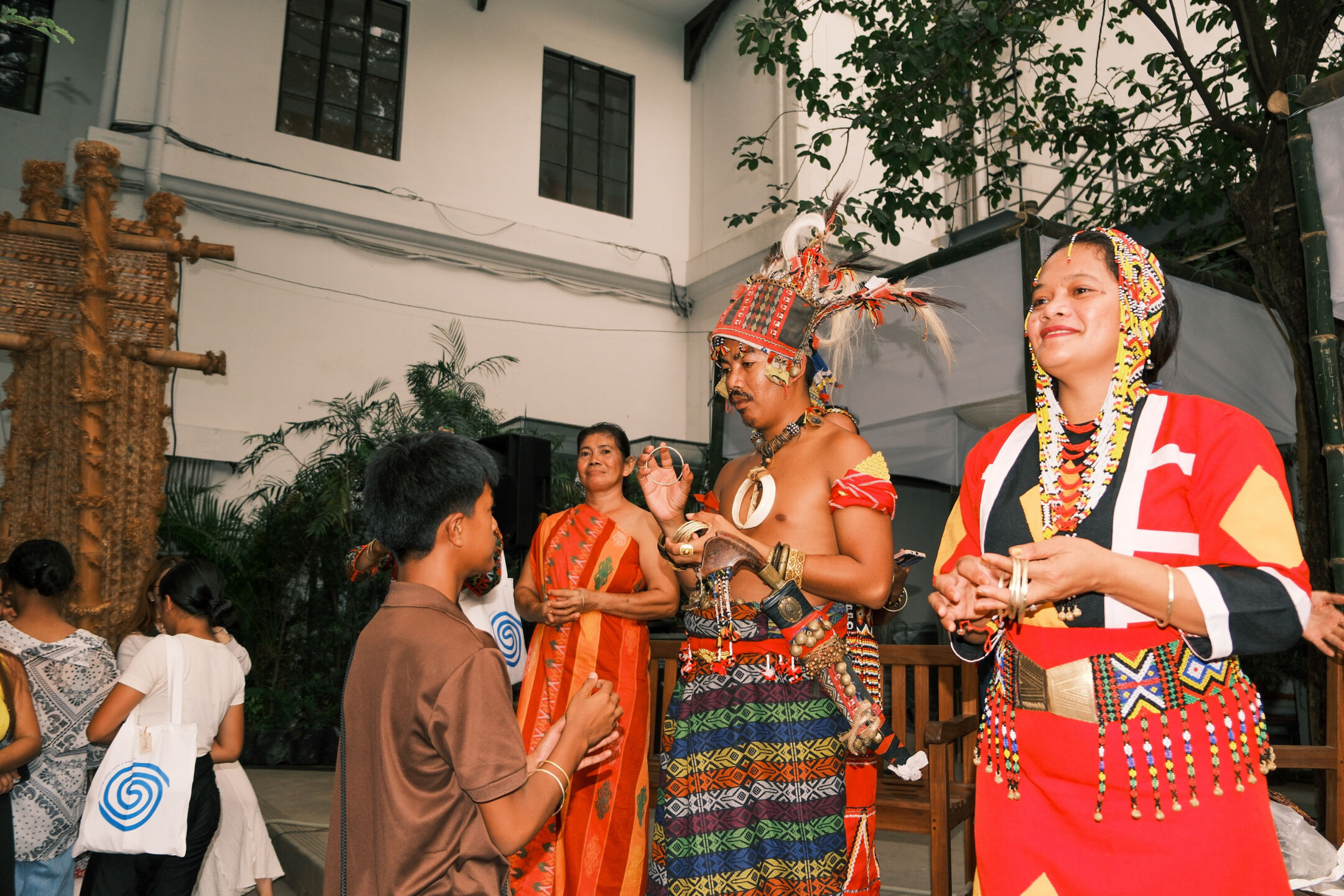In the fight against climate change, the most effective solutions often emerge from the communities closest to the challenges. Indigenous Peoples and youth have long been at the forefront of these efforts, offering not just unique perspectives but proven practices that align with sustainability and environmental stewardship.
Archana Soreng, a member of India’s Khadia Tribe, is a passionate advocate for reclaiming spaces where these voices can influence decision-making. “For us, Indigenous people, we are not merely part of nature—we are nature,” she explains, highlighting the intrinsic connection between her community’s identity and the environment. Archana shared insights about our work as part of Skoll World Forum Interviews.
Community-led Solutions 🌱
“When the people themselves are not there, how will the laws and policies take them into consideration?” she adds. Her advocacy calls for systemic changes to ensure these voices are not just heard but actively involved in crafting solutions.
Indigenous communities have long practiced sustainable living and biodiversity conservation. Archana shares examples from her own community, where natural materials such as pumpkin shells are used for everyday items like water bottles, and leaves are crafted into plates and mats. “Our way of living is inherently eco-friendly,” she notes, adding that these practices reflect a worldview where nature is not a commodity but a part of identity. This deep respect for nature contributes to the remarkable statistic that Indigenous Peoples protect 80% of the world’s biodiversity while comprising less than 5% of the population.
A Vision for Justice 🌸
Despite their invaluable contributions, Indigenous communities face disproportionate impacts from the climate crisis. She describes how cyclones, unseasonal rains, and other extreme weather events displace communities, lead to loss of livelihoods, and push families into debt. These challenges are compounded by systemic marginalization and limited access to resources.
Looking ahead, the vision for the future is one built on love, justice, and solidarity, with these values driving efforts to care for people and the planet. The focus is on increasing the representation of Indigenous communities and youth in decision-making processes, ensuring respect for Indigenous knowledge and traditions, and advocating for the fair distribution of resources. By reclaiming spaces and pushing for justice, Indigenous youth leaders are paving the way for a more inclusive and sustainable future.
*This article is based on and paraphrases content from Skoll World Forum Interviews: Spotlight on Youth Climate Coalitions for COP29.
*The cover photo has been kindly provided by the organization Youth Atlas Philippines and features the celebration of their Archipelago Festival.
